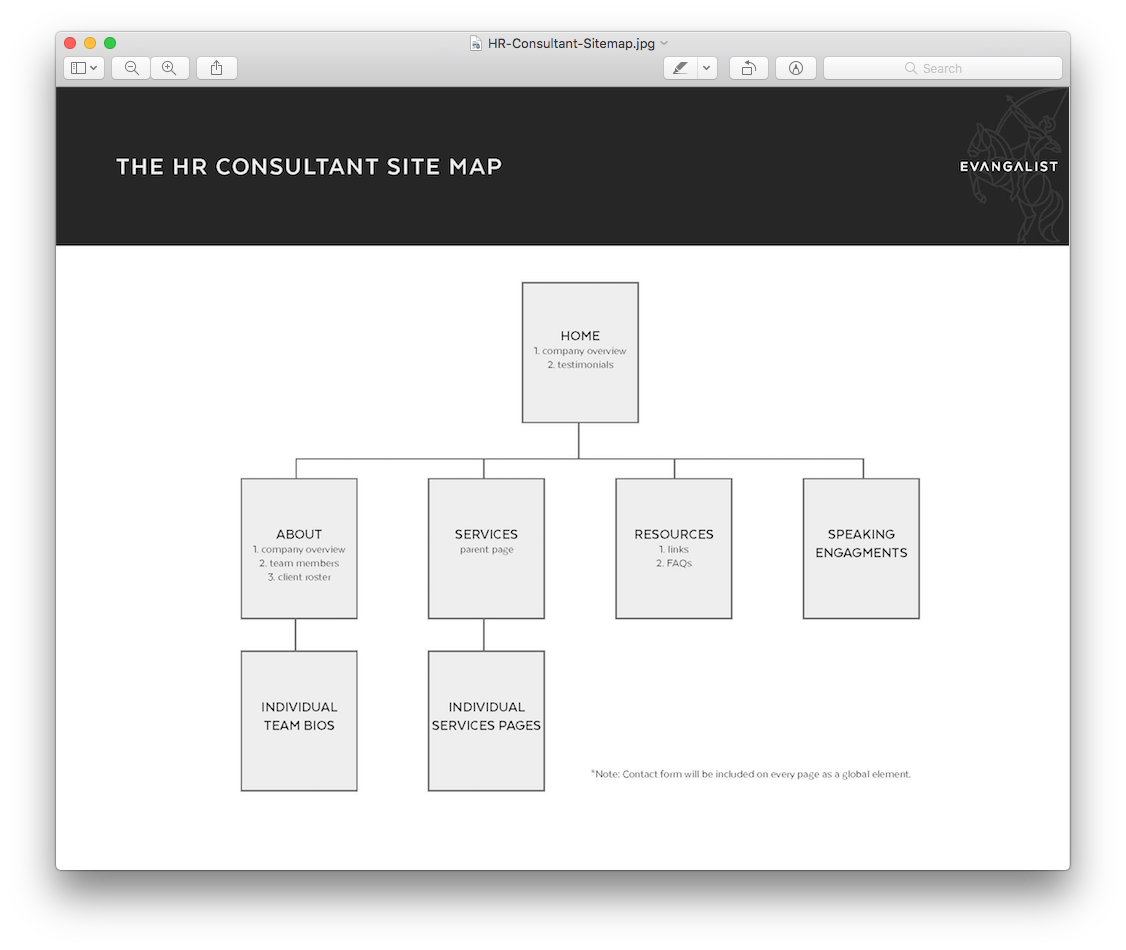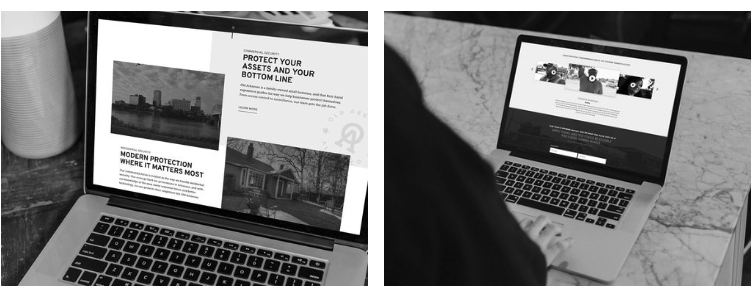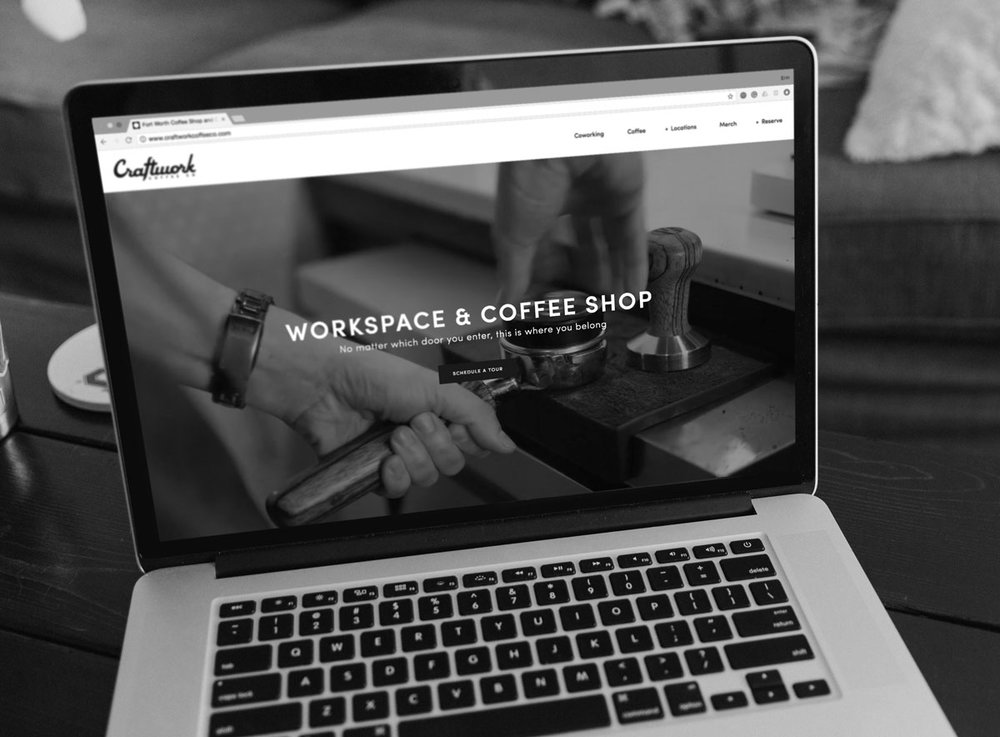Does Custom Web Design Still Matter?
With the emergence of viable do-it-yourself CMS platforms and the growth of workable website templates, questions regarding the value of custom websites have become more commonplace. As you may have guessed, we have some strong feelings on the matter. While we’re passionate about the value of custom web design, we’re also not going to dismiss templates or a DIY approach out of hand.
If you’re starting a business, you need a website. Let’s get that out there first. While your website is just another asset and may not be your main driver of leads; in the modern marketplace, you HAVE to have a digital presence. That said, if you have little-to-no marketing budget at the outset, building your own website on a user-friendly CMS platform makes all the sense in the world. If you have a small marketing budget but can’t afford agency-level services, paying a freelancer to customize a template could be a very wise choice. The purpose of this blog isn’t to persuade business owners with shoestring budgets to take out a loan to build a custom website. Rather, we’d like to speak to the value of a custom website if you can afford to invest in one.
With that out of the way, let’s dig into why custom web design is still valuable.
1. Custom Websites Are Built For Your Users.
While the quality of website you can build on your own with no design or development experience has risen, it still can’t hold a candle to the beauty and functionality of a custom build. The ways in which a custom site is superior fall into both form and function categories. We’ll start with how the user interacts with the site since at the end of the day that’s what truly matters.

When building a custom website, you and your agency are carefully charting a user journey or many user journeys. From page hierarchy to content strategy, every element of a custom website is purpose-built to serve your users and drive them toward becoming a qualified lead or buyer. Even the most basic custom website has a leg up on a template in this regard. When building your own website on a DIY platform or customizing a template, you are inherently limited in how you can structure the experience. Without even considering design limitations, you’re restricted to the user funnel the template designer created. In short, your template was custom built by someone at some point, and it wasn’t with your specific users in mind. Custom sites will always convert better than a template.
2. Google Will Reward Your Custom Site.
We should state, these points operate under the assumption that your custom site was built correctly and with care. In other words, our opinions are based on an agency like General Public building your site. Now, one of your most important users is someone who will never walk through your doors: Google. So what is it about a custom website that Google likes so much? It goes back to the user journey mentioned above.

A thoughtfully constructed user journey, one that can only really exist on a custom site, is what Google loves more than anything else. Google wants to serve sites in search results that are clear, coherent, and helpful to their users. The intentional content hierarchy and internal linking structure of a custom site checks off all the boxes that Google wants checked off. Additionally, an agency like General Public has complete control over search optimization with a custom site, and that isn’t always true with templates. Templates and themes are made to serve the lowest common denominator, so they oftentimes take SEO into their own hands. This is certainly better than no optimization at all, but it will always be bested by a custom site.
More than just search optimization, a custom site (again, if built carefully) should be leaner and faster than a template. Templates will have features, options, and pages that you may not need. While a site user won’t see them, they’re still there slowing down your site. Google doesn’t like that and users, more often that ever, are likely to give up on a site with slow load times.
3. Custom Design = Better Design. Or It Should.
We’ll come out and say it; this is our most subjective talking point. In 99% of cases, an agency will do better creative work than you will. Or than a freelancer will. If that weren’t true, agencies wouldn’t exist. So for this point, we’ll be comparing apples to apples, an agency building a custom site versus an agency building a site on a template or theme.

There are limitations to even what an agency can do with a theme. There will be times when we can’t change a background color, style text, or adjust the size of a header, for example. While it is possible to adjust code to make those changes, at that point you’re getting the worst of both worlds: breaking a template to give the appearance of a custom site instead of actually building a custom site.
With a custom site, every word of copy, every pixel of design, and every line of code are purpose-built for your users. No two pages have to look the same. Hell, no two sections of pages have to look the same. While the design language will be consistent, we have an open sandbox to build the best possible product for you. We are also able to follow the latest trends in web design and development, meaning your custom site will certainly be more current than a template at launch and will age much better.
4. Brand Consistency Is Key.
Your brand standards are just that: standards meant to be followed with no exceptions. Literally no template was designed with your unique brand requirements in mind, so there will definitely be limitations to how well you can leverage your brand in a non-custom site.
In other words, while your website is just another asset, it doesn’t exist in a vacuum. You have an entire ecosystem of branded material that should all be consistent, speaking the same visual and literal language. Our agency opinion, which you’re free to disagree with, is that everything you do is branding. From the way you interact with people in person to the way others talk about your brand. When brand consistency is important at that granular a level, we can’t stomach the idea that any would turn a blind eye to the way their website reflects their brand.
5. Versatility. AKA Can Your Website Drive Sales?
I don’t think we’re venturing into any new territory when we say the purpose of your site is to drive sales. Even if your site isn’t centered on ecommerce, ideally you’d like your website to generate new business. That’s exactly why the vast majority of your talking points today aren’t related to the artistic value of a custom site. While a templated site or a site you build yourself will drive more sales than not having one at all, what a custom site could do is on a different level.

Here is a shortlist of things key to your business success that a custom site can do much better than a theme: campaigns, landing pages, mobile optimization, and website updates. Driving campaigns through a custom site is easy because editing a custom site is easy. Swapping out a banner image, altering a call-to-action, etc.; these are all quick changes on a custom site but have the propensity to break a template or even be impossible to execute. A landing page, or a hidden self-contained site on your page meant to serve a specific campaign, more often than not can’t be done on your own with a template. A proper landing page should not have site navigation, and be self-contained with a contact form or next step call-to-action. The chances your template came prepared with a page like that is slim to none. In regards to updates, your template essentially is what it is. To update your site, you’d have to buy a new template and start from scratch. With a custom website, and especially with an agency partner, they can refresh the design of your website without having to build a new one. That’s better for SEO, better for your users, and better for your bottom-line. Lastly, we have mobile optimization. While most modern templates are built to collapse for mobile, a custom site can have a completely unique mobile experience that is meant to serve your users on a mobile device. The population of users viewing sites solely on their phone is growing, so your site must take that use-case into consideration. Google will reward you for this approach as well. This is just another way that the intentionality of a custom website makes it a better business tool.
6. Themes Look Like Themes. That’s Not A Good Thing.
Let’s start this argument by making a comparison. As recently as five or so years ago, it was extremely common to see websites (even custom ones) use exclusively stock imagery. Over time, however, users have become savvy to stock photos and can spot them immediately. The perception is “could they really have not afforded a photoshoot?” or “is this company even legitimate?”. These are not the questions you want a user to ask, and in accordance, our clients almost always request a photoshoot or already have photos ready to go.
Themes and templates are going the way of stock photos. Already, any seasoned creative pro can spot a templated site from a mile away. It’s only a matter of time before the marketplace can too. We’re even willing to bet that if we showed you a dozen web design agencies and asked you to pick out which one exclusively uses templates, you’d be able to do so.

Now you might be saying, “I don’t want an easily-spotted template, but I can’t afford a completely custom site.” That’s a real pain-point, and we have an answer for you. Partner with an agency who designs their own templates, and has multiple to choose from. At General Public, for example, we have a small handful of unique templates that our completely our own. Each one is totally different from the others, and because we wrote the code and designed the template, we can adjust them with ease. While this isn’t a substitute for a custom build, this is the best solution we believe exists for clients with smaller budgets but big aspirations.
As we mentioned earlier, as impassioned as all of these points are, they operate under the assumption that you’re working with an agency who knows what they’re doing. An agency with honest & transparent pricing, an adept understanding of web design & development, and a thoughtful approach to site structure & user journeys. Our approach to custom web design starts with identifying two things: your audience and how your story impacts & improves their lives. From there, we create a sitemap and keyword list. The sitemap serves to map out that user journey at a high level and the keyword list helps our content have an SEO backbone from day one. After that, the custom user mapping & design starts, and our websites truly begin to take shape. Outside of the quality of our design work, what truly makes our custom sites worth their weight in leads is the thoughtfulness which goes into their structure. It’s a level of care that simply can’t be replicated with a template.

In case you haven’t noticed, we’re pretty passionate about the value a custom website can show a brand, both in terms of measurable revenue and immeasurable brand recognition. If you’re looking to enhance your company or organization’s digital brand presence, we’d love to be a part of that conversation. Reach out to us over the phone or via our contact page to get the ball rolling towards a beautiful, revenue-driving custom website. Or maybe a customized theme of our own design. Either way, we’re here to serve you.
